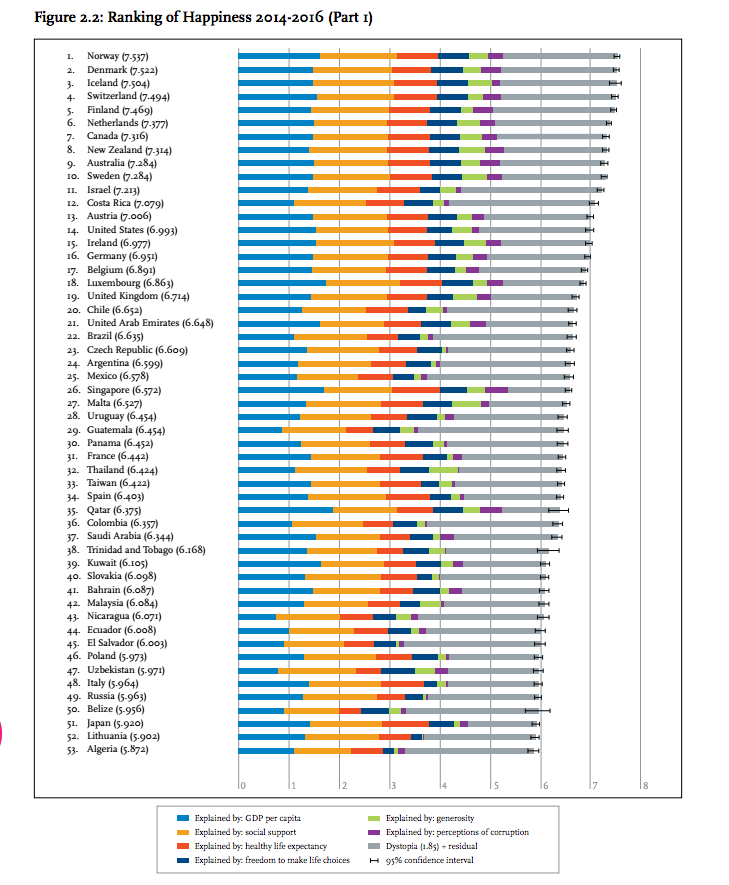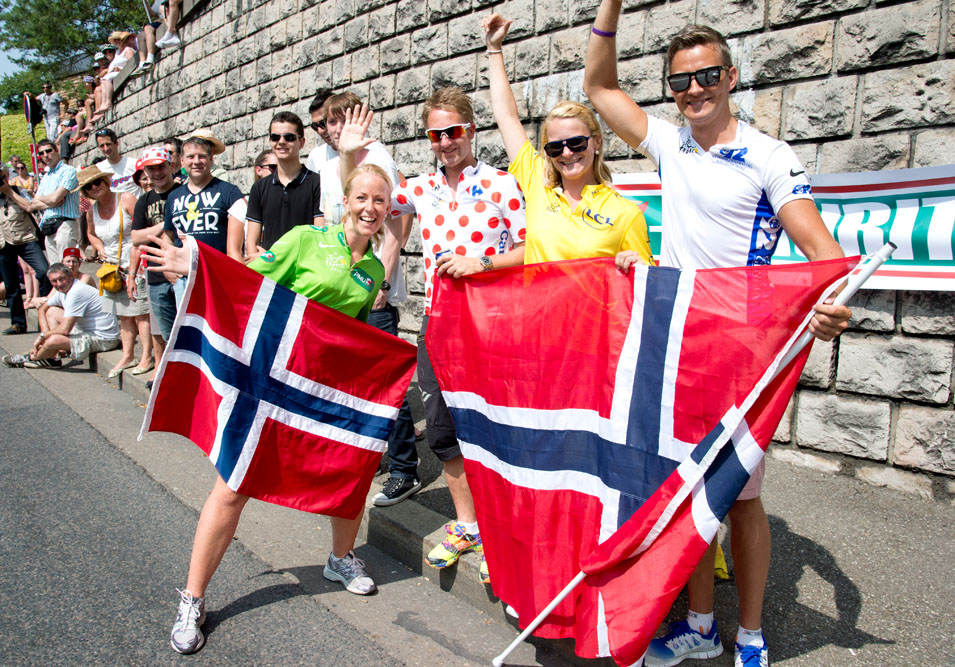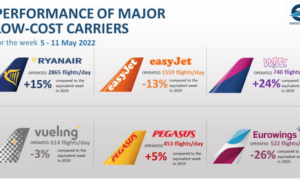Who knew happiness is a competition? Alas, it is each year as the United Nations releases its annual World Happiness Report.
 For 2017, it’s big global news as Norway replaces perennial champ Denmark as World’s Happiest Country. Norway rises to giddy No. 1 from No. 4 on the 2016 list. Denmark drops to a still exuberant No. 2.
For 2017, it’s big global news as Norway replaces perennial champ Denmark as World’s Happiest Country. Norway rises to giddy No. 1 from No. 4 on the 2016 list. Denmark drops to a still exuberant No. 2.
We think you can safely boil down “happiness” to having a population with a reasonable amount of wealth, a safe and secure society and a purpose in life.
Healthy, wealthy and wise, as Ben Franklin once put it.
And guess what … European countries dominate the top of the list, with seven of the Top 10 and 13 of the Top 20.
The Top 10 happiest people – we’re thinking nearly euphoric – are:
1 – Norway
2 – Denmark
3 – Iceland
4 – Switzerland
5 – Finland
6 – Netherlands
7 – Canada
8 – New Zealand
9 – Australia
10 – Sweden
One tiny dissent on this: The Netherlands is ranked waaay too low. We have our own Dutch Happiness Week, for crying out loud.
Despite having the best president of all time (believe me), somehow the U.S. seems to be in a bit of a funk, ranked No. 14 on the list, just behind Austria. Which is not the country you think of first as having a sunny outlook.
(For the record, the survey was done before the American election, so we’re looking for a serious drop next year.)
Not to give away too much because we know you’ll want to read the entire report, but one of the seven chapters is titled: “Restoring American Happiness,” which has been slipping for some time, going from 3rd in the first rankings to 19th!
The unhappiest Europeans are in Albania, ranked No. 109 between Iran and Bangladesh.
Okay, you’re probably asking yourself, “Am I supposed to take this seriously?” Well the UN certainly does. The report is a 188-page .Pdf file chock full of all sorts of formulae and hypothesis about quantifying happiness … seriously.
From the report:
Guidelines on Measuring of Subjective Well-being define and recommend the following measures of subjective well-being: “Good mental states, including all of the various evaluations, positive and negative, that people make of their lives and the affective reactions of people to their experiences. … This definition of subjective well-being hence encompasses three elements: 1. Life evaluation—a reflective assessment on a person’s life or some specific aspect of it. 2. Affect—a person’s feelings or emotional states, typically measured with reference to a particular point in time. 3. Eudaimonia—a sense of meaning and purpose in life, or good psychological functioning.”
Six key factors in the rankings are:
• GDP per capita gap (smaller is better)
• social support
• healthy life expectancy
• freedom
• corruption
• generosity
Bringing up the rear are the usual suspects – the Central African Republic, Burundi and Syria – where war, poverty, corruption and collapsing social orders are the rule of the day.
Some takeaways:
• Greeks are seriously bummed out, with the most dramatic change for the worse in Europe since the inception of the study in 2012, based on 2005 data.
• Latvians are a major gainer, rising rapidly up the happiness rankings in the same time period.
• One country that has to be in the pits, North Korea, is not part of the survey for the obvious reasons. Though we might note that Kim Jong-Un is always smiling.
This is for you, KJU.
Methodology:
The UN World Happiness analysis of the levels, changes, and determinants of happiness among and within nations continues to be based chiefly on individual life evaluations, roughly 1,000 per year in each of more than 150 countries, as measured by answers to the Cantril ladder question: “Please imagine a ladder, with steps numbered from 0 at the bottom to 10 at the top. The top of the ladder represents the best possible life for you and the bottom of the ladder represents the worst possible life for you. On which step of the ladder would you say you personally feel you stand at this time?”














